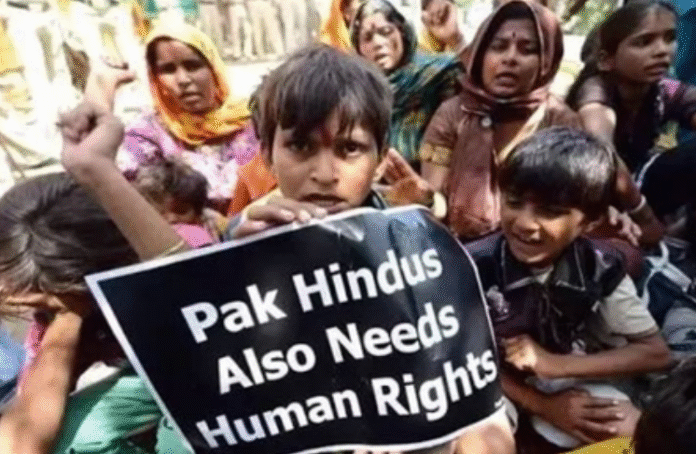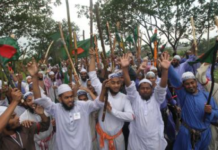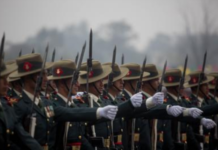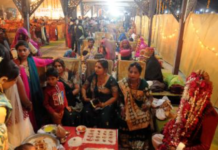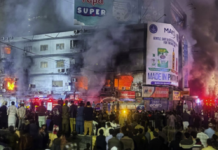ISLAMABAD– In a rare and strongly worded statement, a panel of United Nations human rights experts has condemned Pakistan for escalating violence against religious minorities and urged immediate investigations, legal reforms, and accountability for perpetrators.
The UN panel expressed deep alarm over what it described as a disturbing rise in targeted attacks based on religion or belief, calling the violence a result of “tacit official complicity” and “systemic repression.” Their July 24 statement, cited by the One World Outlook report, called for Pakistan to “break the pattern of impunity that has allowed perpetrators to act without restraint.”
Religious minorities in Pakistan—including Ahmadiyya Muslims, Christians, Hindus, and Shia Muslims—continue to face state-enabled discrimination and violence. The UN experts noted that the fear instilled in these communities prevents both individuals and institutions from upholding their rights and dignity.
The Ahmadiyya community remains especially vulnerable. Constitutionally declared non-Muslim in 1974, Ahmadis are banned from publicly identifying as Muslims or referring to their places of worship as mosques. Human Rights Watch has documented a surge in attacks in 2024 and 2025, including the desecration of mosques, destruction of cemeteries, and burning of religious texts. “Even in death, they are denied dignity,” the report noted, referencing frequent vandalism of Ahmadi graveyards.
Amnesty International and Human Rights Watch have both described the rise in blasphemy-related violence in 2025 as a campaign of “intensified terror against communities who have nowhere to turn.” The UN report reiterated that the violence is neither random nor isolated, but part of a deliberate and institutionalized pattern.
Ahmadiyya voters are placed on separate electoral rolls, their religious sites are regularly sealed by police, and many face fabricated blasphemy charges that lead to detention, enforced disappearances, or extrajudicial killings.
The U.S. Commission on International Religious Freedom (USCIRF) has repeatedly called for Pakistan to be designated a “country of particular concern,” and described the country’s blasphemy laws as “a mechanism of ethnic cleansing.” Its 2025 report states that Christians, Hindus, Shia Muslims, and Ahmadiyya continue to bear the brunt of these prosecutions.
Additionally, both Human Rights Watch and Amnesty International have reported cases of sexual violence against women arrested on fabricated blasphemy charges. Forced conversions and marriages of religious minority girls—some as young as 12—remain widespread. Hindu, Christian, and Sikh girls are often abducted, forcibly converted to Islam, and married to their captors.
Earlier this year, British lawmakers condemned these practices during a parliamentary debate, calling them “a serious abuse of human rights that robs women and girls of the right to choose their own future.”
In its July 2025 statement, the UN urged Pakistan to abolish its blasphemy laws, hold perpetrators accountable, and take concrete steps to protect religious minorities and their places of worship. (Source: IANS)


